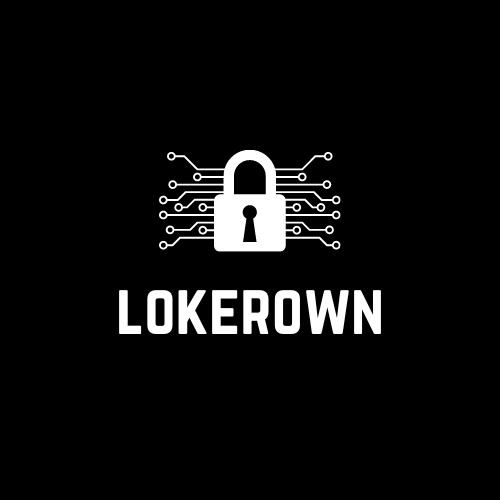Domestic violence is a serious and pervasive issue that affects individuals and families across all socioeconomic and cultural backgrounds. For victims of domestic violence, navigating the legal system can be a daunting and overwhelming experience. However, there are various legal options available to help protect victims and hold their abusers accountable. In this article, we’ll explore the different legal avenues that victims of domestic violence can pursue.
Obtaining a Restraining Order
One of the most important legal tools available to victims of domestic violence is the restraining order. A restraining order is a court-issued document that prohibits the abuser from contacting, harassing, or coming near the victim. Obtaining a restraining order can provide immediate protection and give victims the time and space they need to seek further legal assistance and support.
Domestic Violence Attorney
Seeking the guidance of a domestic violence attorney can be crucial for victims navigating the legal system. These attorneys specialize in domestic violence cases and can provide invaluable assistance in obtaining restraining orders, pursuing criminal charges, and advocating for the victim’s rights. They can also help connect victims with other resources and support services.
Pursuing Criminal Charges
In cases of domestic violence, victims may also have the option to pursue criminal charges against their abuser. Depending on the severity of the abuse, the abuser may face misdemeanor or felony charges, such as assault, battery, or even attempted murder. A domestic violence attorney can help guide victims through the criminal justice process and ensure their rights are protected.
Non-Profit Organization Law Services
While not directly related to legal options for victims of domestic violence, it’s worth noting that many non-profit organization law services offer free or low-cost legal services to those in need. These organizations, which may specialize in areas such as family law or civil rights, can provide valuable assistance to victims of domestic violence who may not have the financial resources to retain a private attorney.
Seeking Custody and Visitation Rights
In cases where the abuser is also a parent, victims may need to address issues of child custody and visitation rights. A domestic violence attorney can help victims navigate the complex legal process of obtaining sole or primary custody of their children, as well as secure appropriate visitation arrangements that prioritize the safety and well-being of the children.
Pursuing Civil Lawsuits
In some cases, victims of domestic violence may also have the option to pursue civil lawsuits against their abusers. This can include claims for personal injury, emotional distress, or even wrongful death. While the burden of proof is lower in civil cases, these lawsuits can provide victims with additional legal recourse and the opportunity to seek financial compensation.
Accessing Victim Assistance Programs
In addition to legal options, victims of domestic violence may also be eligible for various victim assistance programs, such as emergency shelters, counseling services, and financial aid. These programs can provide critical support and resources to help victims escape abusive situations and rebuild their lives.
Conclusion
Victims of domestic violence have a range of legal options available to them, from obtaining restraining orders and pursuing criminal charges to seeking custody and visitation rights and pursuing civil lawsuits. While navigating the legal system can be a daunting task, seeking the guidance of a domestic violence attorney or accessing the services of a non-profit organization can be invaluable in helping victims protect their rights and hold their abusers accountable. By understanding the legal options available to them, victims of domestic violence can take the necessary steps to ensure their safety, seek justice, and begin the process of healing and recovery.






